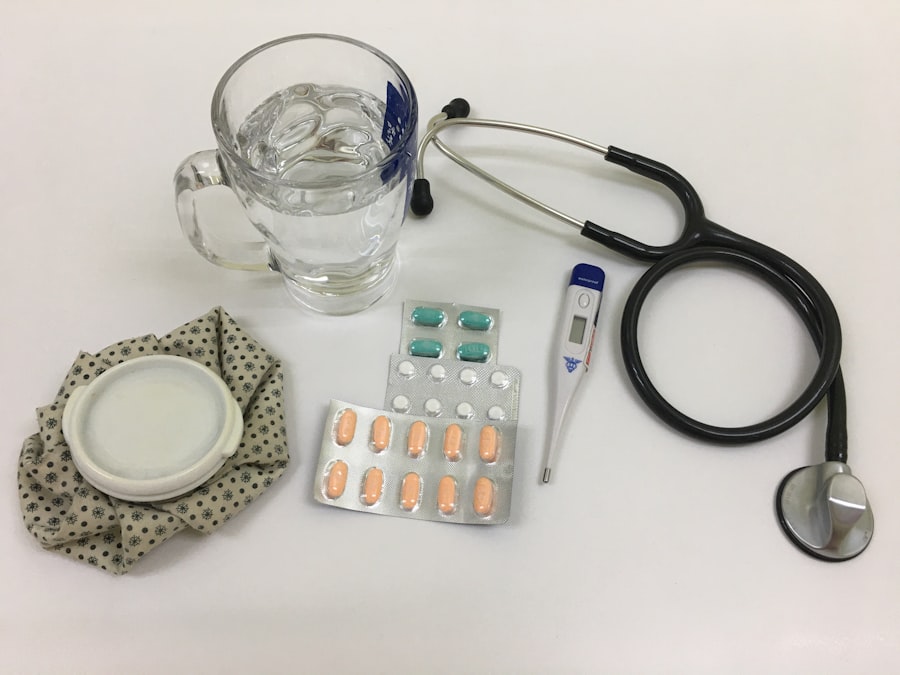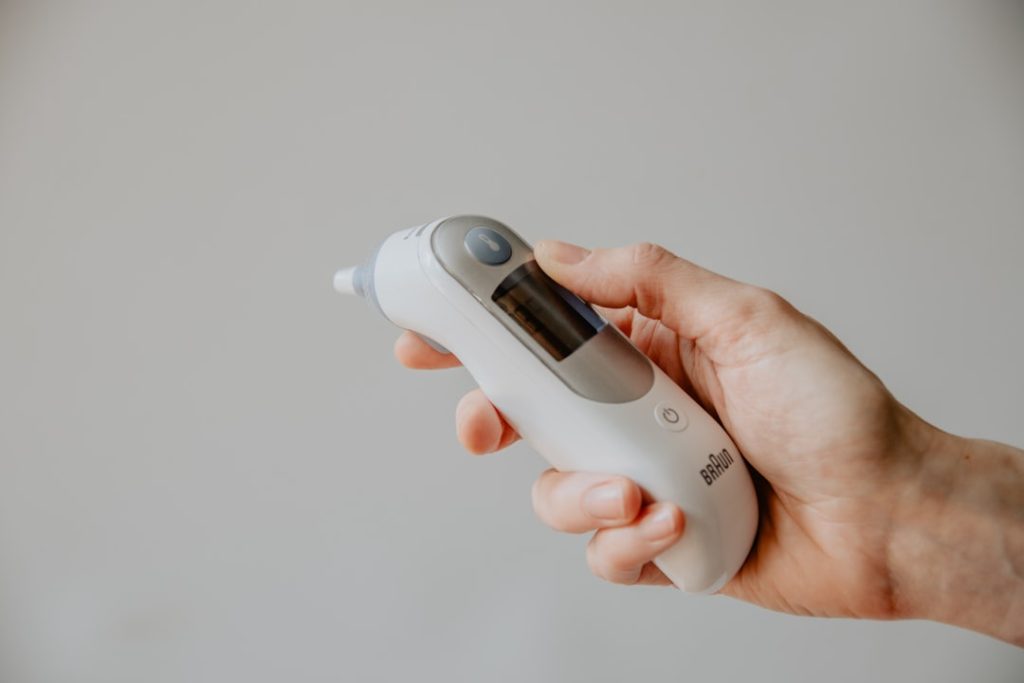Chickens are prone to various illnesses that can affect their health and welfare. Recurring illnesses in chickens pose significant challenges for both commercial poultry farmers and backyard chicken enthusiasts. Common indicators of recurring illnesses include reduced egg production, lethargy, decreased appetite, respiratory problems, and atypical behavior.
These persistent health issues can impact individual birds and potentially spread throughout the flock, resulting in substantial economic losses and emotional strain for chicken keepers. Multiple factors contribute to recurring illnesses in chickens, including environmental conditions, nutritional deficiencies, and genetic predispositions. Chicken keepers must be knowledgeable about these potential causes to effectively address and prevent recurring health problems.
By identifying and understanding the underlying factors that contribute to recurring illnesses, chicken keepers can implement proactive measures to enhance the overall health and well-being of their flock.
Table of Contents
- 1 Identifying the causes: Environmental, dietary, and genetic factors
- 2 Implementing a new approach: Revamping the chicken coop and feeding regimen
- 3 Seeking professional help: Consulting a veterinarian or poultry expert
- 4 Investing in prevention: Vaccinations and biosecurity measures
- 5 Monitoring progress: Observing the health and behavior of the chickens
- 6 Celebrating success: A healthier, happier flock of chickens
- 7 FAQs
- 7.1 What are some common reasons why chickens keep getting sick?
- 7.2 How can I improve the health of my chickens and prevent them from getting sick?
- 7.3 What are some signs that my chickens may be sick?
- 7.4 What should I do if my chickens are sick?
- 7.5 How can I prevent the spread of illness among my flock?
Key Takeaways
- Recurring illnesses in chickens can be a common problem for poultry owners.
- Environmental, dietary, and genetic factors can contribute to the causes of recurring illnesses in chickens.
- Revamping the chicken coop and feeding regimen can be an effective new approach to improving chicken health.
- Consulting a veterinarian or poultry expert can provide professional help in addressing recurring illnesses in chickens.
- Investing in vaccinations and biosecurity measures can help prevent future illnesses in chickens.
Identifying the causes: Environmental, dietary, and genetic factors
Environmental factors can have a significant impact on the health of chickens.
Unhealthy Living Conditions
Poor ventilation, overcrowding, and exposure to extreme temperatures can contribute to recurring illnesses in chickens. Inadequate housing conditions can lead to stress and weakened immune systems in chickens, making them more susceptible to illnesses. Additionally, poor sanitation and hygiene practices can create an environment conducive to the spread of diseases among the flock.
Diet and Nutrition
Dietary factors also play a significant role in the health of chickens. A lack of essential nutrients or an imbalanced diet can weaken the immune system of chickens, making them more vulnerable to illnesses.
Genetic Predispositions
Some breeds of chickens may be more prone to certain health issues, and genetic predispositions can increase the likelihood of recurring illnesses within a flock.
Implementing a new approach: Revamping the chicken coop and feeding regimen

In order to address the recurring illnesses in chickens, it is essential to implement a new approach that focuses on revamping the chicken coop and feeding regimen. Improving the housing conditions of the chickens is crucial for their overall health and wellbeing. This may involve increasing ventilation, reducing overcrowding, and maintaining proper sanitation practices within the coop.
By creating a clean and comfortable living environment for the chickens, the risk of recurring illnesses can be significantly reduced. Additionally, revising the feeding regimen of the chickens is essential for promoting their health and preventing recurring illnesses. Providing a balanced diet that meets the nutritional needs of the chickens is crucial for supporting their immune systems and overall wellbeing.
This may involve consulting with a poultry nutritionist to develop a customized feeding plan that addresses the specific needs of the flock. By revamping the chicken coop and feeding regimen, chicken keepers can take proactive measures to improve the health and resilience of their flock.
Seeking professional help: Consulting a veterinarian or poultry expert
When dealing with recurring illnesses in chickens, it is important to seek professional help from a veterinarian or poultry expert. These professionals have the knowledge and experience to diagnose and treat illnesses in chickens, as well as provide guidance on preventative measures. Consulting with a veterinarian or poultry expert can help chicken keepers gain valuable insights into the specific health issues affecting their flock and develop effective strategies for addressing them.
A veterinarian or poultry expert can also provide recommendations for vaccinations and biosecurity measures to prevent the spread of diseases within the flock. Additionally, they can offer guidance on implementing best practices for managing the health and wellbeing of chickens, including proper nutrition, housing conditions, and disease prevention. By seeking professional help, chicken keepers can access the expertise and support needed to effectively manage recurring illnesses in their flock.
Investing in prevention: Vaccinations and biosecurity measures
Investing in prevention is essential for managing recurring illnesses in chickens. Vaccinations play a crucial role in protecting chickens from common diseases and reducing the risk of recurring illnesses within the flock. By following a vaccination schedule recommended by a veterinarian or poultry expert, chicken keepers can help safeguard the health of their flock and minimize the impact of infectious diseases.
In addition to vaccinations, implementing biosecurity measures is essential for preventing the spread of diseases among chickens. This may involve controlling access to the chicken coop, practicing good hygiene when handling chickens, and regularly disinfecting equipment and facilities. By investing in prevention through vaccinations and biosecurity measures, chicken keepers can take proactive steps to protect their flock from recurring illnesses.
Monitoring progress: Observing the health and behavior of the chickens

Regular Observations for Early Detection
Monitoring the progress of the flock is essential for evaluating the effectiveness of efforts to address recurring illnesses in chickens. This may involve observing the health and behavior of the chickens on a regular basis to identify any signs of illness or distress. By closely monitoring the flock, chicken keepers can quickly detect any potential issues and take prompt action to address them.
Maintaining Accurate Records for Informed Decision-Making
In addition to visual observations, keeping detailed records of the health and performance of the flock can provide valuable insights into their overall wellbeing. This may include tracking egg production, growth rates, and any changes in behavior or appearance.
Benefits of Monitoring and Record-Keeping
By monitoring progress and maintaining detailed records, chicken keepers can gain a better understanding of the health status of their flock and make informed decisions about their care.
Celebrating success: A healthier, happier flock of chickens
By implementing proactive measures to address recurring illnesses in chickens, chicken keepers can celebrate success in achieving a healthier, happier flock. Through revamping the chicken coop and feeding regimen, seeking professional help, investing in prevention, and monitoring progress, chicken keepers can make significant improvements in the overall health and wellbeing of their flock. As a result, they can enjoy the satisfaction of seeing their chickens thrive and flourish in a supportive and nurturing environment.
A healthier, happier flock of chickens not only brings joy to chicken keepers but also contributes to a more sustainable and successful poultry operation. By prioritizing the health and wellbeing of their flock, chicken keepers can create a positive impact on their community and contribute to the welfare of their animals. Celebrating success in achieving a healthier, happier flock is a testament to the dedication and commitment of chicken keepers to providing the best possible care for their chickens.
If you’re struggling with keeping your chickens healthy, you may want to consider the location of your chicken coop. According to a recent article on PoultryWizard, the placement of your chicken coop can have a significant impact on the health and well-being of your flock. To learn more about the best location for your chicken coop, check out this article for some helpful tips.
FAQs
What are some common reasons why chickens keep getting sick?
Some common reasons why chickens may keep getting sick include poor sanitation, overcrowding, inadequate nutrition, and exposure to pathogens or parasites.
How can I improve the health of my chickens and prevent them from getting sick?
To improve the health of your chickens and prevent them from getting sick, you can ensure they have a clean and dry living environment, provide them with a balanced diet, give them access to fresh water, and regularly monitor them for signs of illness.
What are some signs that my chickens may be sick?
Signs that your chickens may be sick include decreased egg production, changes in behavior or appearance, lethargy, loss of appetite, respiratory issues, and abnormal droppings.
What should I do if my chickens are sick?
If your chickens are sick, it is important to isolate the affected birds to prevent the spread of illness, consult with a veterinarian who specializes in poultry, and follow their recommendations for treatment and management.
How can I prevent the spread of illness among my flock?
To prevent the spread of illness among your flock, you can practice good biosecurity measures, such as limiting visitors to your flock, quarantining new birds before introducing them to your existing flock, and regularly cleaning and disinfecting your coop and equipment.

Meet Walter, the feathered-friend fanatic of Florida! Nestled in the sunshine state, Walter struts through life with his feathered companions, clucking his way to happiness. With a coop that’s fancier than a five-star hotel, he’s the Don Juan of the chicken world. When he’s not teaching his hens to do the cha-cha, you’ll find him in a heated debate with his prized rooster, Sir Clucks-a-Lot. Walter’s poultry passion is no yolk; he’s the sunny-side-up guy you never knew you needed in your flock of friends!


Meet Walter, the feathered-friend fanatic of Florida! Nestled in the sunshine state, Walter struts through life with his feathered companions, clucking his way to happiness. With a coop that’s fancier than a five-star hotel, he’s the Don Juan of the chicken world. When he’s not teaching his hens to do the cha-cha, you’ll find him in a heated debate with his prized rooster, Sir Clucks-a-Lot. Walter’s poultry passion is no yolk; he’s the sunny-side-up guy you never knew you needed in your flock of friends!







